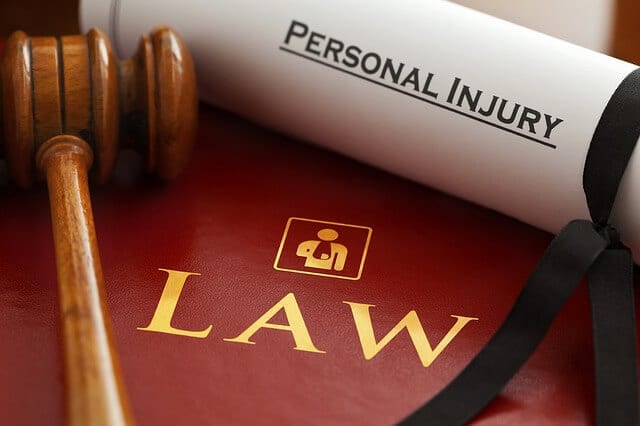The death of a loved one is tragic and heartbreaking. And as the grief sets in, you might start to wonder how you’ll pay the bills associated with your loved one’s death. What you might not know yet is that work-related deaths are covered under workers’ compensation and can help dependents of the deceased recover financially. If you’re struggling with how to recover these costs, you should hire a Virginia workers’ compensation attorney.
Your right to workers’ compensation death benefits for the deceased is outlined in Virginia code § 65.2-512. Let’s review the terms and how the coverage works so you can better understand it.
Virginia dependent workers’ compensation
The law makes a distinction between wholly dependent individuals and partially dependent individuals. Dependents include a spouse and children who have not yet reached age 18 or children who are ages 18-23 but are attending school full time. A dependent can also be a child that became disabled before the age of 18. A partial dependent is a parent who is destitute or unable to financially care for themselves.
In cases where the deceased has dependents and dies from a work-related injury within nine years of that injury, the dependents can receive benefits. These benefits can include payments from 62 percent of the deceased’s weekly wage to 100 percent of their weekly wage. It cannot exceed their weekly wage though.
The law allows for up to 500 weeks of wages for dependents and up to 400 weeks of wages for partial dependents. Additionally, the workers’ compensation coverage includes reimbursement for burial expenses of up to $10,000. The coverage also includes up to $1,000 in coverage to transport the deceased.
The insurance company will distribute workers’ compensation death benefits evenly to all dependents. Only in the case where there are no whole dependents would a partial dependent be able to collect workers’ compensation death benefits. Some exceptions and exclusions can apply based on your circumstances and the circumstances of the death of your loved one.
Proving a work-related death
The purpose of workers’ compensation death benefits is to help the deceased’s dependents recover financially from the loss of a wage earner. It provides time for these dependents to either mature to adult age or find another way of making up the lost income.
One part of workers’ compensation death benefits that could cause you some issues is proving that your loved one passed away from a work-related injury. And this is an area where the insurance companies or employers win sometimes because the family doesn’t have the know-how or resources to prove the case.
When you hire a Virginia workers’ compensation attorney, they can help families prove that the death was work-related. Then, the employer must’ve them death benefits. The employer will work to deny that the accident was their fault. Instead, the employer will work to prove that the death was because of the worker’s negligence. They also might prove that it was due to failure to follow normal protocols.
Family members whose loved one passed away long after a work-related incident might also fight an uphill battle in receiving workers’ compensation death benefits. The employer and the employer’s attorney will try to show that your loved one’s death was not related to the workplace injury.
Hiring a Virginia workers’ compensation attorney
Your loved one’s former employer will certainly have an attorney working for them, as will the insurance company involved. Unless you’re a lawyer with a specialty in workers’ compensation law, you’ll struggle to prove your rights to death benefits on your own.
You should also be aware that there is a statute of limitations on claiming workers’ compensation death benefits. After your loved one suffers an injury in a work-related accident, they must file a written notice with their employer. The notice details the accident and the injury they sustained. Additionally, within two years of the injury, you must file a claim with the Virginia Workers’ Compensation Commission.
These filing requirements apply not just to physical injuries but to diseases your loved one might have encountered on the job as well. In that case, the windows for you to file counts the day that a doctor diagnoses you with the disease as the start date on the statute of limitations.
When your conditions change, you then must file a change of condition application. You’ll submit that application to the Virginia Workers’ Compensation Commission.
Failing to follow the law’s guidelines on documenting and claiming your workers’ compensation benefits can hurt your case for death benefits later on. If you’re worried about your ability to file for death benefits, you should hire a Virginia workers’ compensation attorney to guide you through the process.
Gore & Kuperman is a law firm with caring and vigilant attorneys. We’ll be here for you to protect your income and help you recover after the death of a loved one. Contact us for a free consultation.
